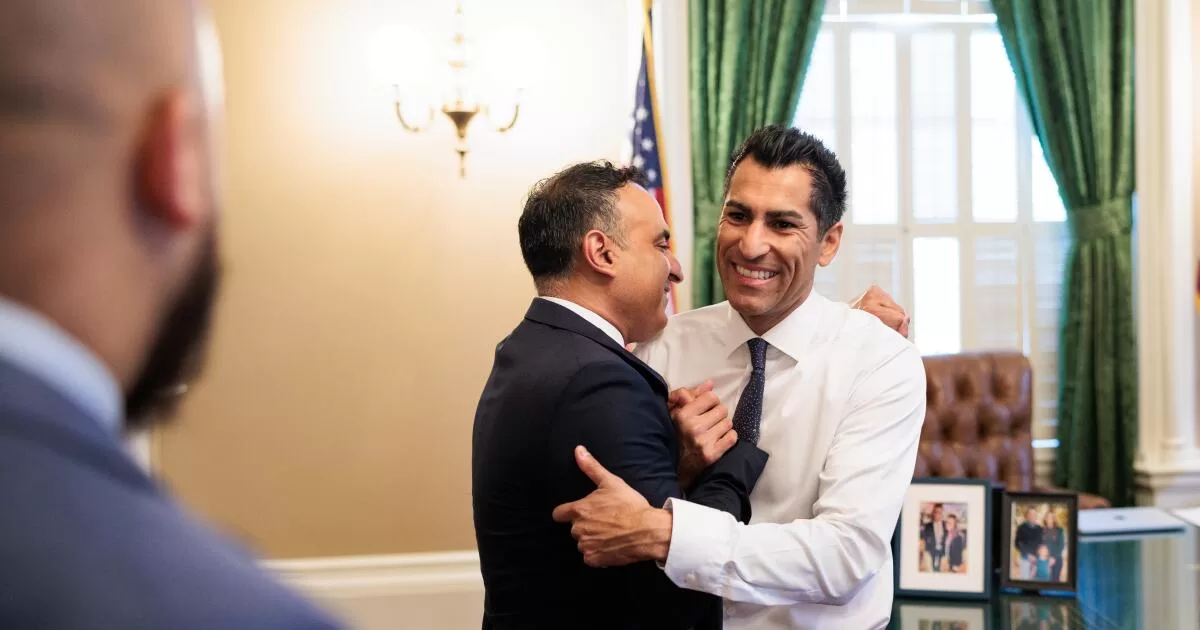“The concept of single-payer and expanding access and affordability are good ideas,” Rivas, a Democrat from Hollister, told reporters at the state Capitol on Tuesday. “I say this with great respect to stakeholders and advocates: We need to see how this is funded. It’s a good idea but it’s a tough, tough sell, especially in a budget climate that we are experiencing now.”
Assembly Bill 2200, called Guaranteed Healthcare for All — or CalCare — would set up a universal single-payer healthcare system for all residents of California. The bill by Assemblyman Ash Kalra (D-San Jose) is based on his prior single-payer legislation, which failed to get enough votes to move forward in January 2022.
A legislative analysis of that bill pegged the cost at between $314 billion and $391 billion in state and federal funds — a sum that is larger than the entire state budget Newsom proposed for the 2024-25 fiscal year: $291.5-billion.
The Legislature’s analysts have not yet determined a price tag for Kalra’s new bill. He says it differs from his earlier attempt because it establishes an advisory committee, explicitly lists gender-affirming care and expansive reproductive care as benefits, requires an investment in the recruitment and retention of healthcare workers to meet the demand for services, and ensures that physicians are represented on the CalCare board.
Facing pressure from progressive activists and a politically-engaged nurses union that has been pushing for single-payer healthcare, California lawmakers have tried about 10 times over the years to overhaul the state’s healthcare system.
The proposals usually wind up dividing Democrats and withering due to concerns over cost, opposition from private insurers and the complex bureaucracy that undergirds the nation’s delivery of healthcare.
Last year, Gov. Gavin Newsom signed a bill that would set the stage for universal healthcare by helping California obtain a waiver from the federal government to use Medicaid and Medicare funds for a potential single-payer system. The bill by Sen. Scott Wiener (D-San Francisco) was meant as an incremental step to address some of the logistical hurdles that had stymied earlier proposals for sweeping reform.
The California Nurses Assn., a staunch advocate for single-payer healthcare, opposed Wiener’s bill, expressing skepticism over whether it would help create a single-payer system or simply facilitate an iteration of universal healthcare — which they say are different systems. A single-payer system means that the public receives health insurance through a centralized payer, usually through a government. Universal coverage generally refers to ensuring all residents have coverage through both public and private systems.
During his conversation with reporters, Rivas reiterated his concern about the budget deficit.
Rivas called Newsom’s deficit projection of $38 billion “more optimistic” than the one provided by the Legislative Analyst’s Office, the state’s nonpartisan agency that advises the Legislature, which projected a nearly $68-billion shortfall in December. It updated its estimate Tuesday to peg the deficit at around $73 billion. The figures are estimates based, in part, on projections of future revenue.
